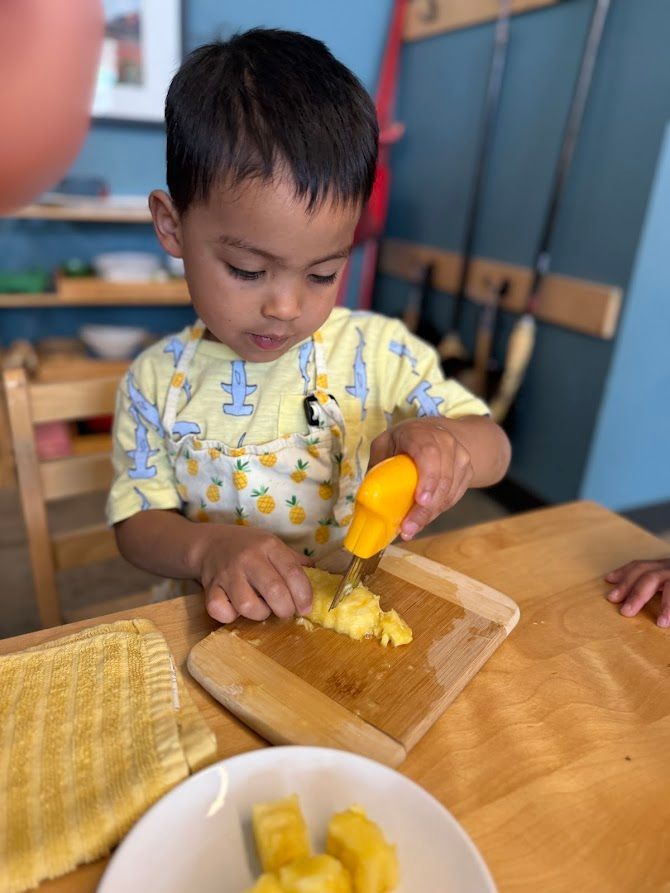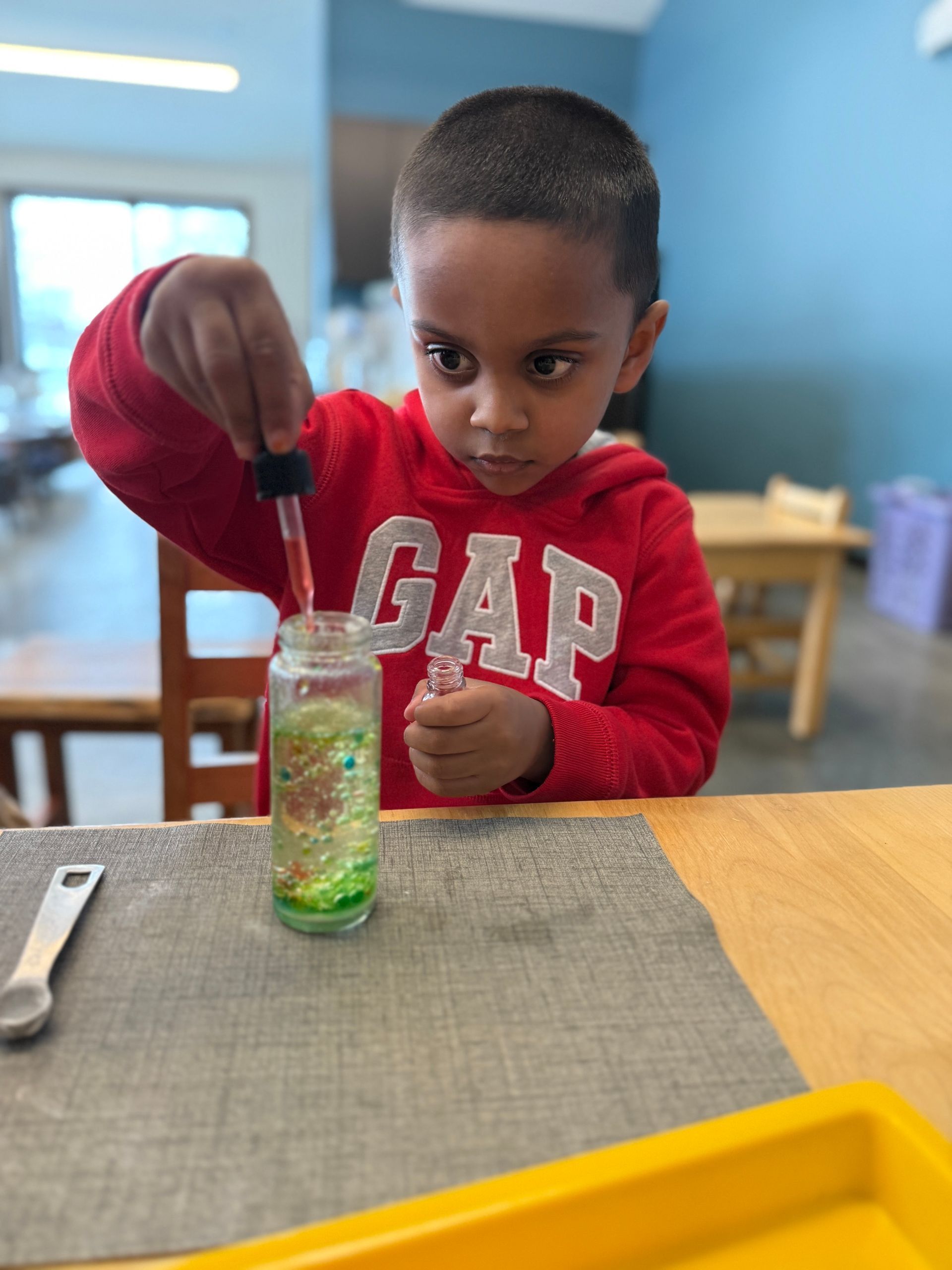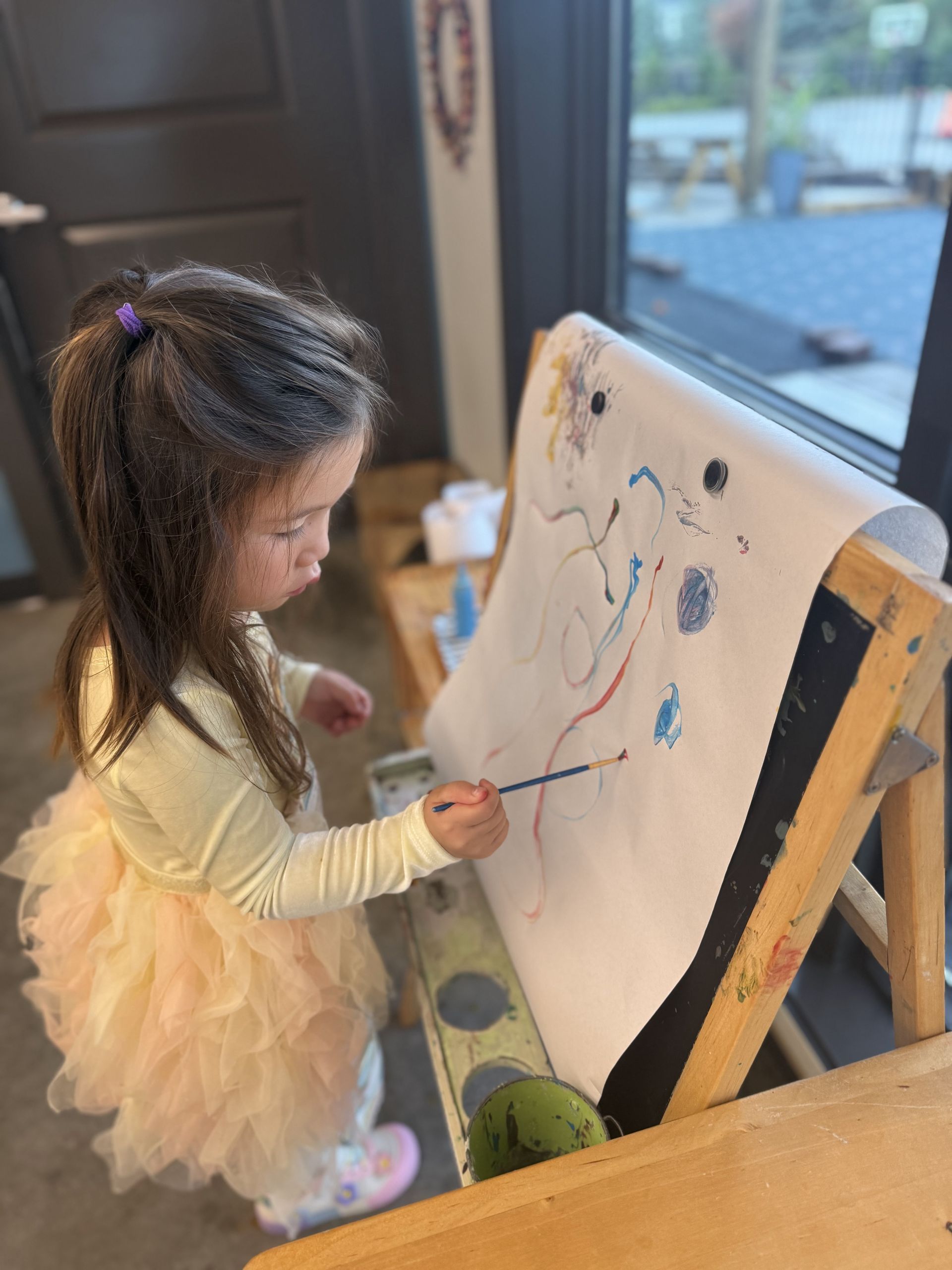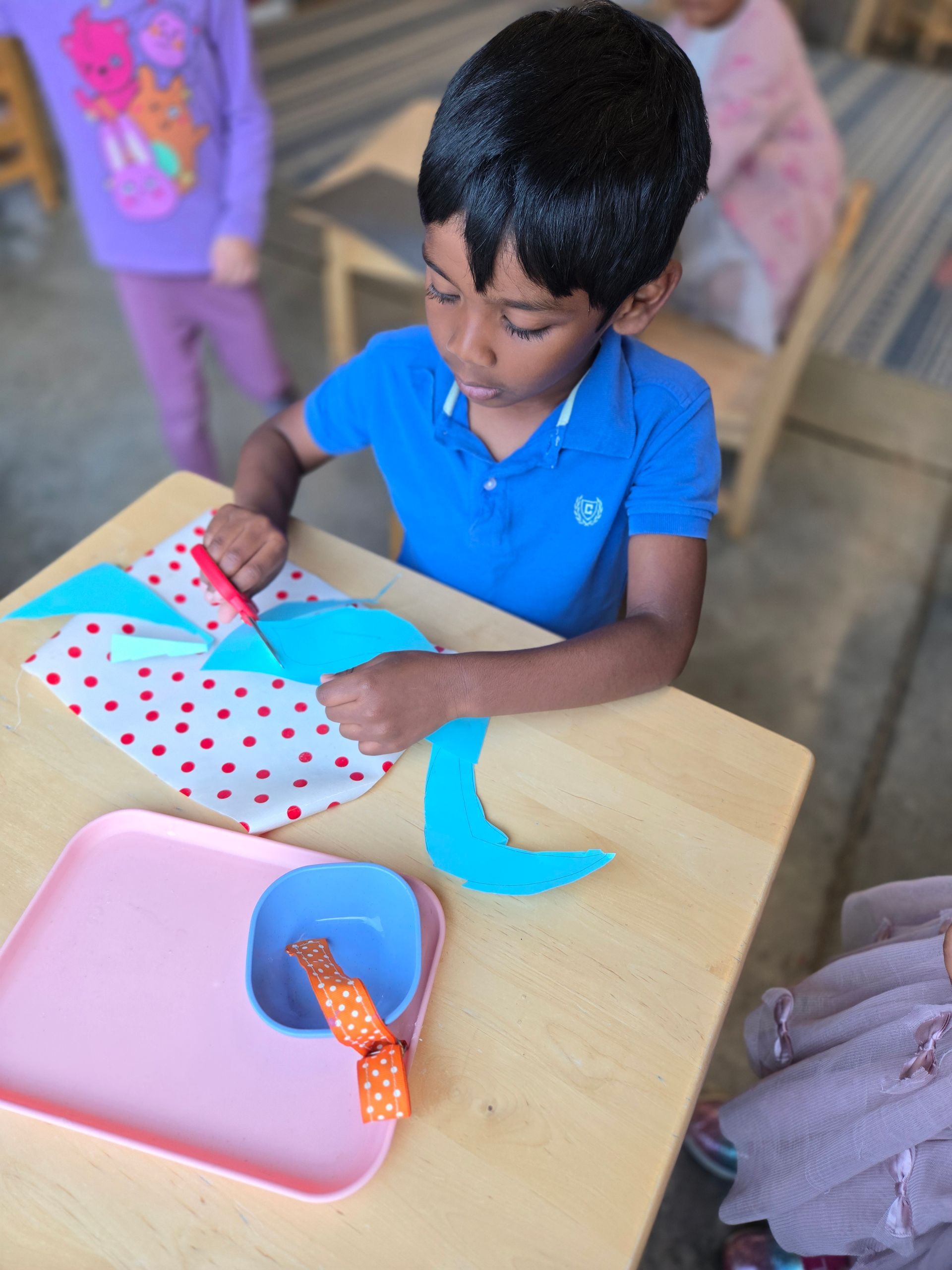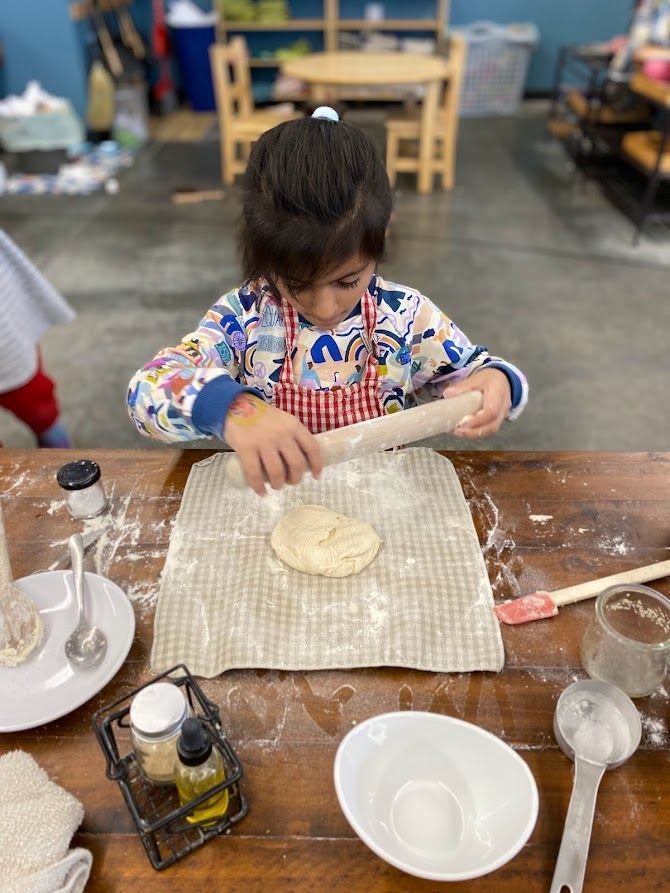"The child who has never learned to choose has never learned to be free."
MARIA MONTESSORI
The Power of Giving Choices to Children in the Montessori Classroom
In the Montessori classroom, giving children the power to make choices is a fundamental aspect of their learning experience. This practice not only fosters independence but also cultivates critical thinking, responsibility, and intrinsic motivation. Research consistently shows that when children are given the opportunity to make decisions, they develop essential life skills that support long-term growth and well-being.
Why Are Choices Important?
The Montessori philosophy emphasizes that children are naturally driven to learn when their environment supports autonomy. By allowing children to choose their activities, materials, and even the sequence of their tasks, they become active participants in their learning journey. This freedom encourages self-direction, enhances engagement, and nurtures a sense of ownership over their accomplishments.
Research Supporting the Power of Choice
Studies have shown that offering children choices significantly impacts their development:
- Increased Motivation: Research by Deci and Ryan (2000) highlights that autonomy—being able to make choices—fosters intrinsic motivation, leading to deeper engagement and better learning outcomes.
- Enhanced Problem-Solving Skills: According to a study published in Developmental Psychology, children who are given opportunities to make decisions develop stronger executive functioning skills, such as planning and problem-solving.
- Improved Emotional Regulation: Providing children with meaningful choices helps them develop a sense of control, reducing feelings of frustration and enhancing emotional resilience.
How the Montessori Classroom Embraces Choice
In a Montessori environment, the carefully prepared classroom empowers children to choose from a variety of purposeful activities. For example:
- Children decide whether they want to engage in language work, math exercises, or practical life activities.
- They select materials that align with their current developmental interests and skill levels.
- Teachers act as guides, observing and supporting each child’s choices without unnecessary interference.
The Balance Between Freedom and Limits
While choice is central to Montessori education, it operates within well-defined boundaries. Children are encouraged to choose activities that are appropriate for their developmental stage and that respect the classroom community. This balance ensures children experience both independence and structure, promoting a healthy sense of responsibility.
By empowering children with the freedom to choose, the Montessori classroom nurtures confident, capable learners. When children feel trusted to make decisions, they develop essential life skills that extend far beyond the classroom, preparing them to thrive in an ever-changing world.

